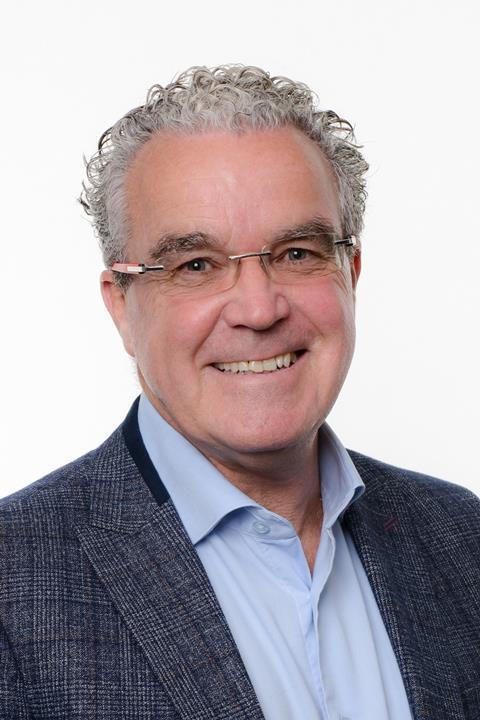Chief executive of the MGAA Michael Keating says the sector remains a magnet for investment and talent – but warns that operating efficiency, stable capacity and reinsurance relationships will be critical as the cycle continues.
The managing general agent (MGA) model is thriving in the UK and internationally, but its next phase of growth will demand sharper focus from leaders, according to Michael Keating, chief executive of the Managing General Agents’ Association (MGAA).

“The sector is growing profitably and continues to thrive,” he says. “It’s part of the global insurance fabric and will continue to attract investment. But we are heading into choppy waters in terms of the rating environment, particularly in the UK.”
Keating believes MGAs can navigate these conditions by leaning on their strengths.
“If you have forensic understanding, strong broker relationships and agility in decision-making, you can deliver solutions quickly,” he says. “Insurers tell me the professionalism, knowledge, expertise and richness of data are at the highest levels they’ve ever seen.”
One of his favourite takeaways from the MGAA’s 2025 annual conference came from a panellist from Dual. “She said an MGA is for life, not just for Christmas,” Keating recalls. “It’s a great phrase because it captures exactly what long-term commitment to brokers and clients should mean.”
Technology and operational discipline will be essential, he adds. “If revenues are flat or declining, operational efficiency and flexibility are the only way to deliver returns to capacity partners and the MGA’s own business.”
One area of concern is capacity stability, he emphasises, in particular, the standard 90-day termination clause in the Lloyd’s Market Association’s coverholder contract, which his organisation is lobbying for reform.
“Ninety days is no time whatsoever for an MGA to prepare a presentation and for new capital to undertake due diligence,” Keating says. “From a regulatory and customer outcome perspective, I’d argue it should be a minimum of six months.”
Start-up MGAs uniting underwriters with specialist incubators, providing infrastructure and support, are a growing feature of the market.
“These organisations can wrap their arms around underwriters, give them what they need, and let them focus on underwriting,” says Keating. “It’s a more sustainable way of creating value than hopping between employers every couple of years.”
Reinsurance innovation is another trend. Keating points to emerging fronting or hybrid carriers that use their reinsurance relationships to price MGA portfolios according to volatility, rather than applying a flat cost – creating a competitive edge. Some MGAs are also designing surplus lines or excess-of-loss programmes and sharing in the earnings.
Lines attracting most MGA interest include cyber, environmental and climate-related risks, parametric solutions, non-standard home and complex commercial and casualty business. “Parametric still has room to grow,” Keating says. “In challenging classes, MGA expertise can make the difference in delivering profitable solutions.”
These themes were central to the MGAA’s 2025 annual conference in London, which drew a record 1,250 delegates and more than 130 exhibitors. Keating says he made a point of sitting in on as many sessions as possible.
“It’s a great networking event, the buzz and energy are fantastic, but I place a high priority on relevant, interesting content,” he says. “We had excellent speakers and strong engagement from delegates. Every year we challenge ourselves to raise the bar.”
In specialist markets such as for geopolitical risks and aviation, Keating sees MGAs’ agility as an advantage.
“When there’s a geopolitical or war risk, some MGAs run towards it while others run away,” he says. “I’ve always seen these situations as opportunities rather than reasons to exit. If you know what you’re doing, now can be exactly the right time to enter a fragile market.”










No comments yet